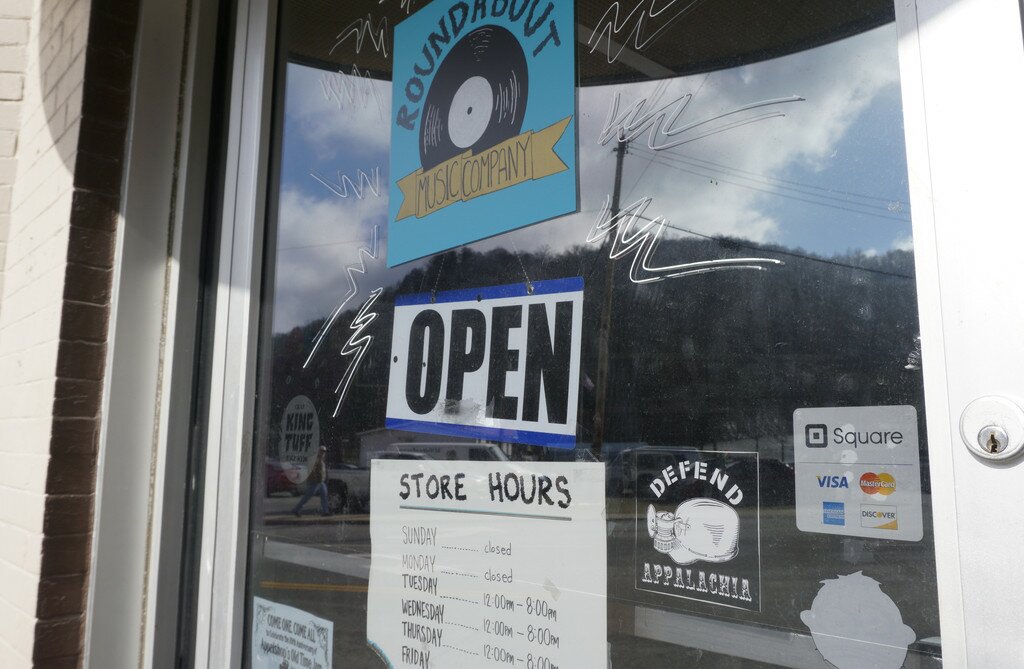
“With the start of this new year, I’ve given myself permission to dream big – not only for my own life, but also for our entire region.” That’s how Hazard Herald reporter Mindy Beth Miller starts her most recent column for the Hazard, Ky., newspaper. She’s choosing to stay optimistic about eastern Kentucky’s future this year, joining the chorus of folks throughout the region who are a part of the larger just economic transition movement in Central Appalachia. According to Miller: As an Appalachian writer, I believe I have a responsibility to these mountains and to my hometown and county. My job is to bear witness and to tell the truth, even if that truth is hard. So, now, as our way of life is changing and must change, I want to look toward a bright future and share what I see. And so, she’s urging her community to see the best of itself and to use those best parts to help build a brighter future. Hazard’s Main Street could one day be full of shops promoting traditional Appalachian arts. These shops could be made specific to our area, sporting handmade quilts, pull candy, hand-woven baskets, and all sorts of things produced right here in Perry County. Perhaps we could have factories making these kinds of things. Perhaps we could have a moonshine distillery, a nice restaurant offering modern spins on traditional Appalachian cuisine, a bookstore and coffeehouse, a fancy Appalachian bed & breakfast, a playhouse where Appalachian-produced works...





